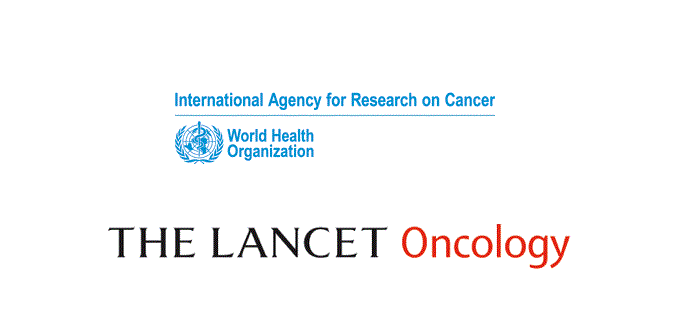The World Health Organization/International Agency for Research on Cancer (WHO/IARC) has published its evaluation of the “carcinogenicity of the consumption of red meat and processed meat”, classifying the consumption of red meat as “probably” carcinogenic to humans, while adding that this view is “based on limited evidence”.
“After thoroughly reviewing the accumulated scientific literature, a working group of 22 experts from 10 countries convened by the IARC monographs programme classified the consumption of red meat as probably carcinogenic to humans, based on limited evidence that the consumption of red meat causes cancer in humans and strong mechanistic evidence supporting a carcinogenic effect,” said WHO/IARC.
In relation to processed meat, WHO/IARC stated: “Processed meat was classified as carcinogenic to humans, based on sufficient evidence in humans that the consumption of processed meat causes colorectal cancer.”
Observing that the consumption of meat varies greatly between countries, the head of the IARC monographs programme, Dr Kurt Straif, commented that for an individual, the risk of developing colorectal cancer because of their consumption of processed meat remains “small”, but this risk increases with the amount of meat consumed.
“In view of the large number of people who consume processed meat, the global impact on cancer incidence is of public health importance,” he said.
The publication today also acknowledges the need for a balanced dietary response to the findings, based on the nutritional value of red meat.
“These results are important in enabling governments and international regulatory agencies to conduct risk assessments, in order to balance the risks and benefits of eating red meat and processed meat and to provide the best possible dietary recommendations,” said IARC director, Dr Christopher Wild.




